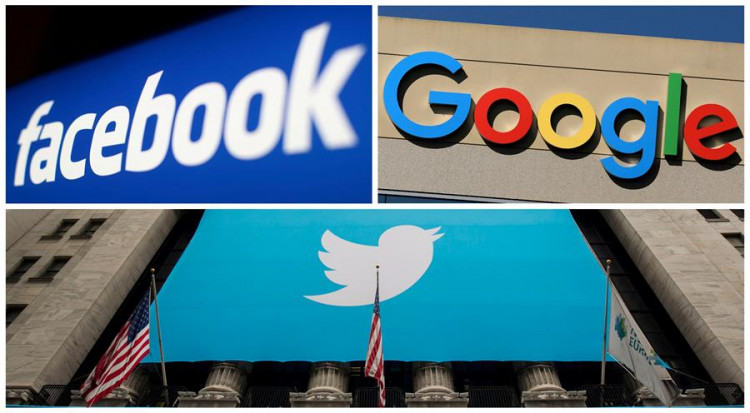While reputable news sources may be found on platforms like Twitter and Facebook, they have also allowed misinformation and conspiracy theories to propagate unchecked and impact the perspectives of individuals who are unintentionally exposed to them.
As a result, a trio of experts said Thursday that tech and media corporations must bear responsibility for the continuous spread of misinformation and disinformation that has left many Americans unclear of what the truth is.
Three co-chairs of the Aspen Institute's Commission on Information Disorder spoke at the RSA Conference in San Francisco, saying that people are increasingly looking to social media for news.
The commission, comprised of more than a dozen experts from various fields, issued a report in November that included a set of recommendations for addressing the crisis, such as holding companies accountable for spreading disinformation, investing in local media, and providing consumers with greater transparency into where their news is coming from.
Some of the recommendations, according to Chris Krebs, former director of the Cybersecurity and Infrastructure Security Agency, have been implemented in the months following, but there is still much work to be done.
"It's a rocky road," he told the crowd of thousands of cybersecurity professionals. "We're not going to fix this problem tomorrow."
Fellow commission co-chairs Rashad Robinson, president of the civil rights organization Color of Change, and former Today show host Katie Couric spoke on Thursday's panel.
According to Robinson, the spread of misinformation and disinformation is especially concerning for people of color, who are frequently targeted by those seeking to exploit racial divisions. He asked the audience to express their concerns to lawmakers and to hold internet giants responsible for their conduct.
Consumers must also be cautious of information and assess its source, according to Couric, who now operates her own media company. She believes that children should be taught media literacy beginning in elementary school.
The increased sophistication of disinformation tactics, which now include "deepfake" recordings that may make it appear as though someone is doing or saying something they are not, makes that difficult.
Meanwhile, Americans are being exposed to lies from individuals they should be able to trust, she added, noting that many Republicans competing in state elections this year back former President Donald Trump's baseless allegations that the 2020 election was stolen.
"Consumers need to be as discriminating about the content that they're reading as they are about what they feed their kids," Couric said. "And the problem is, that's a lot of onus to put on the consumer."






